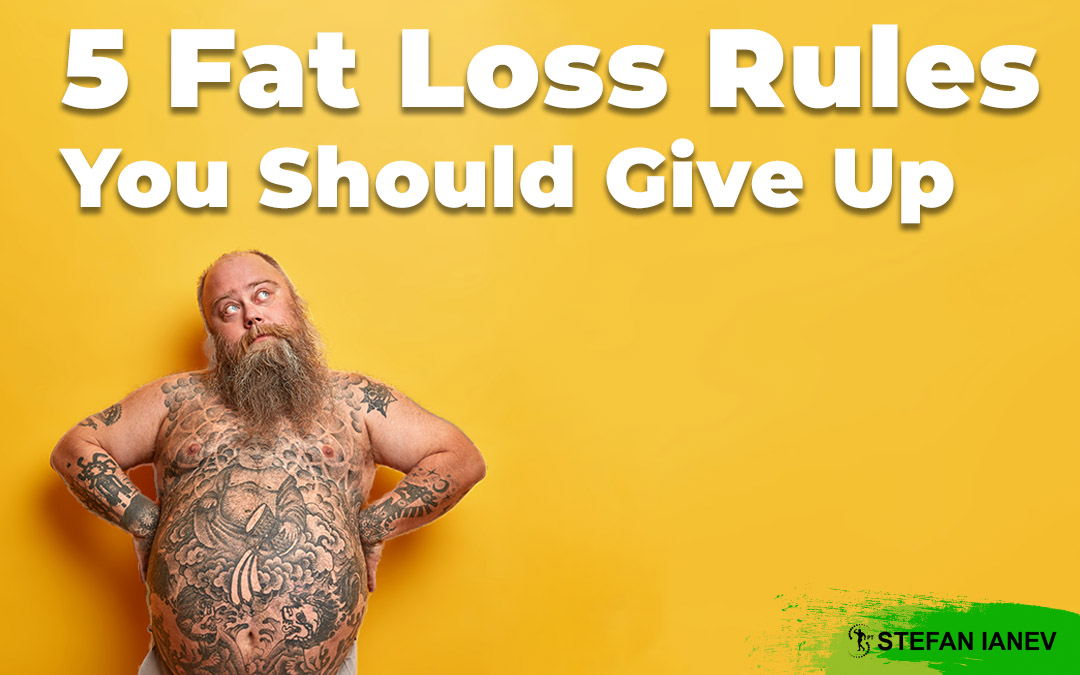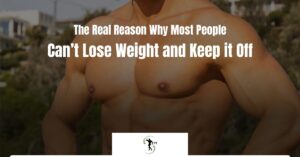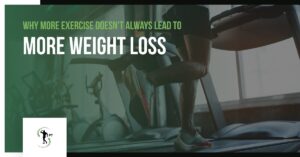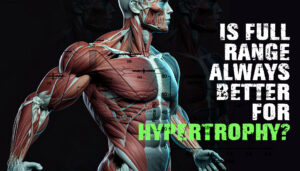I have been in the fitness industry for over 15 years. I’ve studied under some of the top coaches in the world and worked with 100s of clients. During that time I have tried nearly every diet and training program under the sun.
While some worked better than others recent research seems to suggest anything will work provided you create an energy deficit. That means the plan that’s likely to work best for you long term is the one you are most likely to stick with.
So the good news is that dieting and training doesn’t have to be as bland and restrictive as we once thought. In this article I want to share with you the top 5 fat loss rules you might have come across that are either completely unnecessary or could actually be hurting your progress.
1. Ignoring Calories
One of the most pervasive myths about fat loss is that you do not need to worry about calories and you only need to restrict certain foods. In reality this is by far the most important piece of the puzzle and the research is very clear on that.
Any diet that creates an energy deficit will work. Depending on your body type you may feel better on a given macro nutrient ratio but you still need to create an energy deficit.
Diets that claim you do not need to count calories are simply tricking you into eating less by eliminating certain food groups or an entire macro nutrient altogether.
Other than protein and fiber due to their thermic effect of digestion, there are no magical properties certain foods poses which make them more or less fattening. All foods are metabolised into energy. The devil is in the dose.
In fact studies show people tend to do better when they control portion sizes and follow a balanced diet verses eliminating certain foods or a macro group. Also you are less likely to develop micro nutrient deficiencies.
2. Extreme Caloric Restriction
While it is essential to create an energy deficit for fat loss, extreme caloric restriction can be counterproductive. The lower you drop calories the harder your body will fight you to resist fat loss.
When you drastically cut calories there is a significant reduction in both resting and non-resting metabolic rate. This decrease in metabolic rate is typically also associated with increase in hunger hormones, low energy, low serotonin levels, loss of muscle mass and an increase in fat storing enzymes.
This means that at some point not only will weight loss stall but you will be ravenous, feel like crap, have low energy, and likely reach for those easy to overconsume comfort foods that tend to boost our feel good neurotransmitter serotonin.
At this point the body will readily increase its fat stores during this period of overeating to prepare itself for another bout of famine. It is a vicious cycle that I have witnessed over and over with individuals who cut calories too drastically or try to eat too clean all the time. It inevitably always backfires.
3. Avoiding Carbohydrates
Low carb diets are the new fad these days. The theory goes something like this;
Carbs = Insulin = Fat Storage
Provided you avoid carbs you can eat as much as you like of anything else and you won’t gain body fat. Not exactly. This is an overly simplistic view that’s like looking at the world through a straw because it only looks at the acute response and ignores 24hr energy intake and expenditure.
When carbohydrates are ingested they are either stored or used as immediate energy. If your intake is less than your requirement they simply cannot be stored because they will be used as energy instead.
Studies show that when matched for calories and protein there is no metabolic advantage to low carb diets unless someone has impaired insulin function such as in those presenting with diabetes or metabolic syndrome.
As far as being able to eat as much as you like without gaining body fat on a low carb diet that is completely false. Firstly some protein sources can elevate insulin as much or even more than carbohydrates and secondly, in the absence of insulin dietary fats are stored by another hormone called Acylation Stimulating Protein which is an even more potent fat storage hormone than insulin.
5. Fasted Cardio
Fasted cardio is another big fad these days. The theory here is that by training on an empty stomach when liver glycogen stores are empty you force the body to burn more fat.
Again this is like looking at the world through a straw because it only looks at the acute response. While its true that you will burn more fat doing cardio on an empty stomach, if you energy intake is the same for the 24hr period you will simply end up burning less fat for the rest of the day.
In the grand scheme of things it really doesn’t make a difference when you do your cardio. In fact any type of cardio is not even necessary provided you are in an energy deficit.
Cardio especially in a fasted state can be quite catabolic in muscle tissue, and in certain individuals it can lead to reduced spontaneous activity throughout the remainder of the day which just ends up offsetting the deficit.
5. Light Weights and High Reps
Most people think lifting heavy is only for building muscle and that when you want to lose fat you need to do more cardio or train with very light weights and high reps.
The problem with omitting heavy weight training from your fat loss program is that you are not giving any reason for your body to hold on to lean muscle tissue.
Lean muscle has a permissive role on fat loss. If you only dieted and did cardio up to half the weight you lose can come from lean muscle instead of fat.
So suppose you were losing 2kg per month. If you only dieted and did cardio and/or light weights you might end up losing a 1kg of fat and 1kg of muscle. On the other hand if you performed some heavy resistance training to maintain you lean muscle you could end up losing 2kg of fat for the same deficit.
Also the process of building lean muscle is very metabolically expensive. Its takes about 3000 cals to build a 1kg of lean muscle. So if you put on a couple of kilos of lean mass over a few months you could actually lose more body fat relative to the energy deficit you have created because that extra energy will need to be mobilized from somewhere.
I hope you can appreciate now why some of the fat loss myths still prevail but are not only unnecessary but may not even be optimal. At the end of the day the most important thing is not to get caught up in the minor details but to look at the big picture. Any plan that creates an energy deficit, incorporates some resistance training to maintain lean muscle, and is followed consistently will triumph all else.







